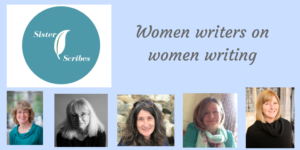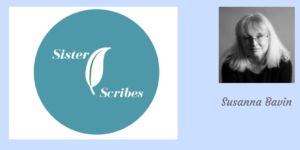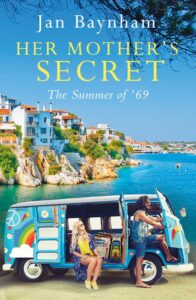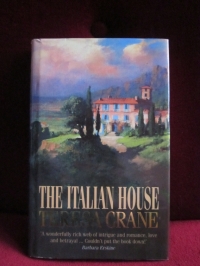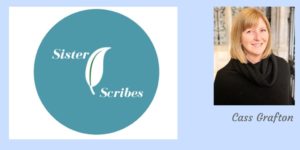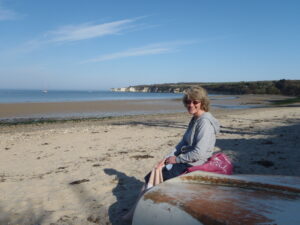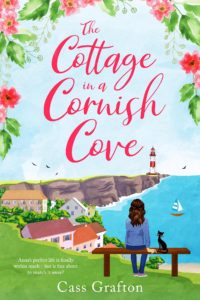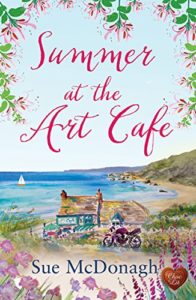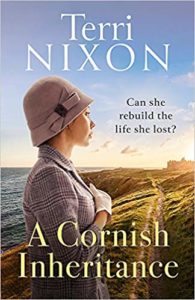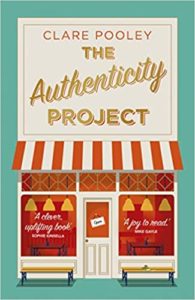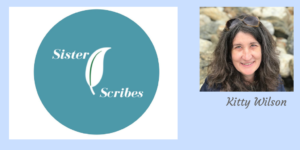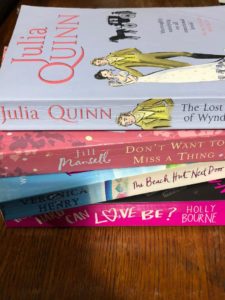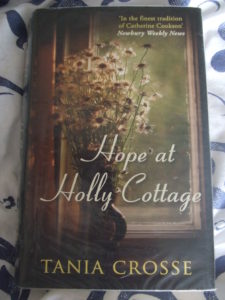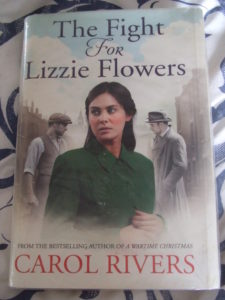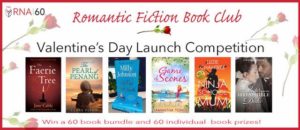Our Story – Miranda Dickinson
How I loved this book and Otty and Joe. Miranda Dickinson writes with such heart that it spills over into her characters and I fell a little in love with both of them, was desperately willing them to get together and getting a little cross when they were making poor decisions. I love reacting this way, it means the author has completely pulled me into her world. Our Story is a wonderful novel to escape with. Fun, empathetic and engaging, it was delightful reading and an absolutely perfect rom-com.
Christmas Island – Natalie Normann
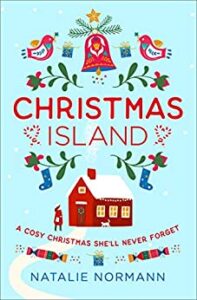 I have been so excited about this book. I read Summer Island earlier this year and fell in love with Natalie Normann’s writing style and the setting and could not wait to read this second in the series (which can easily be read as a stand-alone). As with the first, this book truly delivers on the cosy or Koselig and as Holly and Tor’s romance builds from their first meeting the reader is taken on a whirlwind tour of Norwegian Christmas food and traditions. I loved so much of the detail of this book and it provided me with the perfect Christmassy escape.
I have been so excited about this book. I read Summer Island earlier this year and fell in love with Natalie Normann’s writing style and the setting and could not wait to read this second in the series (which can easily be read as a stand-alone). As with the first, this book truly delivers on the cosy or Koselig and as Holly and Tor’s romance builds from their first meeting the reader is taken on a whirlwind tour of Norwegian Christmas food and traditions. I loved so much of the detail of this book and it provided me with the perfect Christmassy escape.
The Single Dad’s Handbook – Lynsey James
This book is the story of Evan – a widower bringing up his small daughter – and how his grief has, understandably, upended his life. He discovers a book of letters written by his wife before she dies to help him deal with the issues she anticipates once she is gone. The letters are poignant and witty, which is a fair summary of the book itself. I read it very quickly, fell utterly in love with Evan’s daughter Violet and thought the way that Lynsey James manages to combine this story of loss with comic moments and the hope that a new romance can bring was very skilfully done.
Susanna
The Ferryman’s Daughter by Juliet Greenwood
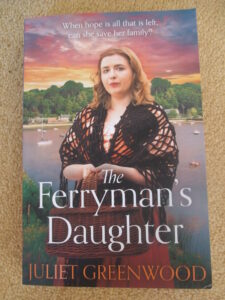 Wow! What a book. I was utterly caught up in this enthralling family saga set in rural and coastal Cornwall in the early part of the 20th century. In Hester, Juliet Greenwood has created an exceptionally strong and appealing heroine and I loved and admired her as she fought to follow her dream in spite of numerous setbacks that occurred thanks to the conventions and expectations of the day. This is a thoroughly engrossing and satisfying book, packed with drama and emotion and enhanced by a strong sense of time and place, all served up by a gifted writer.
Wow! What a book. I was utterly caught up in this enthralling family saga set in rural and coastal Cornwall in the early part of the 20th century. In Hester, Juliet Greenwood has created an exceptionally strong and appealing heroine and I loved and admired her as she fought to follow her dream in spite of numerous setbacks that occurred thanks to the conventions and expectations of the day. This is a thoroughly engrossing and satisfying book, packed with drama and emotion and enhanced by a strong sense of time and place, all served up by a gifted writer.
Jane
Glynis Peters’ The Forgotten Orphan is about as far away from a traditional orphan story as it’s possible to be. For a start the protagonist, Maisie, is an older teenager, and secondly, she is in the middle of a world at war. That said, it is a story of friends, family and loves lost and found, and it doesn’t shy away from the harsh realities of life and death in World War Two.
From a personal point of view I loved the fact the book was set in Southampton, a city I know well. It was well researched and well written, with a host of characters I came to care about. Family saga, wartime tale, love story – this book was all of these and so much more than the sum of its parts.

